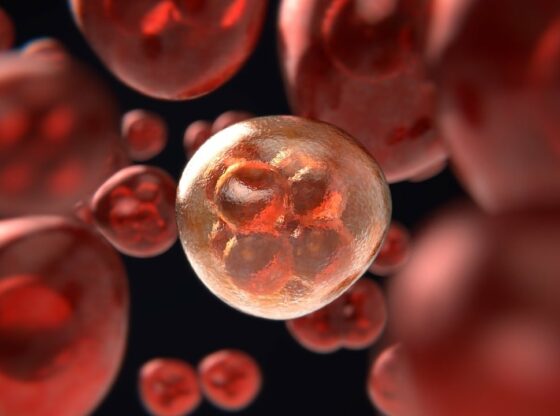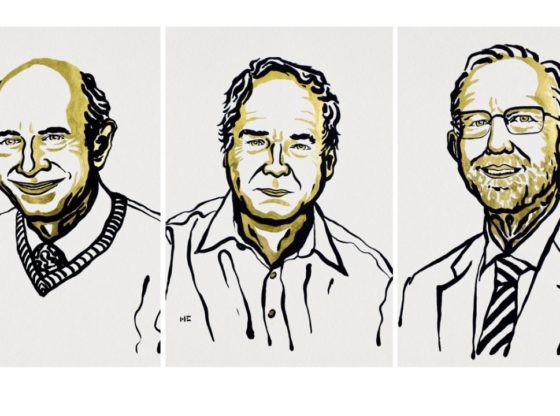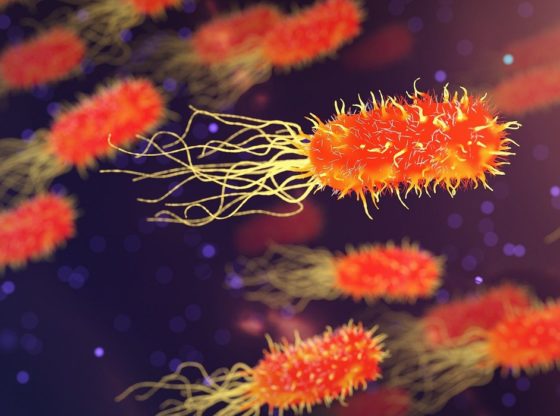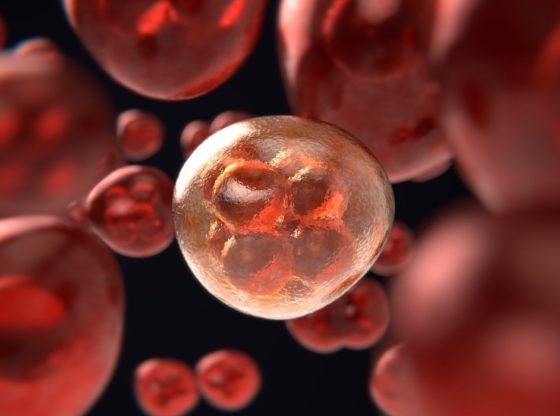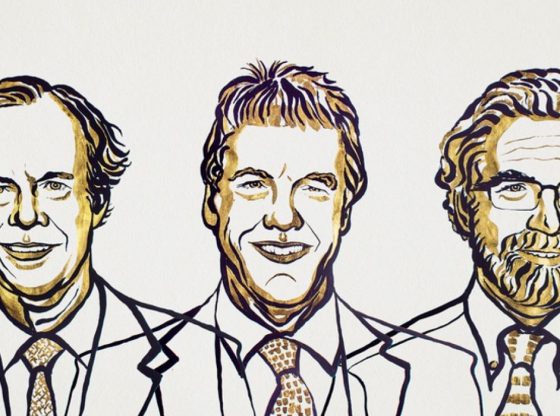High blood pressure and high resting heart rate during youth are associated with increased mental disorders such as schizophrenia and obsessive-compulsive disorder – according to a new study involving over one million Swedish men.

The researchers from the Karolinska Institute in Sweden and the University of Helsinki in Finland used the extensive data collected with the Swedish military enrollment. An extensive registry containing data with a wide variety of measurements, including physical and cognitive performance.
The researchers looked at resting heart rate and blood pressure in particular. They then compared these values with a register of psychiatric problems. They found a strong relationship between high blood pressure and high heart rate for 18-year-old’s on the one hand and later psychiatric diagnoses on the other. Diagnoses of obsessive compulsive disorder and schizophrenia were often made during the individuals early 30s.
The strongest association was for obsessive-compulsive disorder, a mental disorder where people feel the need to check things repeatedly, with compulsive acts or thoughts that are anxiety-related. The conscripts who had the highest resting heart rate were 70 percent more likely to later be diagnosed with obsessive-compulsive disorder compared with those conscripts with the lowest heart rate.
These variables are evidently correlated, but we can probably rule out causality. A high heart rate and high blood pressure could, however, be an early warning sign that something is going on.
This study does confirm what has been seen in other research, that high blood pressure, pulse and some mental health problems often go hand in hand.
Reference:
Latvala, A. et al. Association of Resting Heart Rate and Blood Pressure in Late Adolescence With Subsequent Mental Disorders A Longitudinal Population Study of More Than 1 Million Men in Sweden Doi: 10,1001 / JAMA psychiatry.2016.2717

